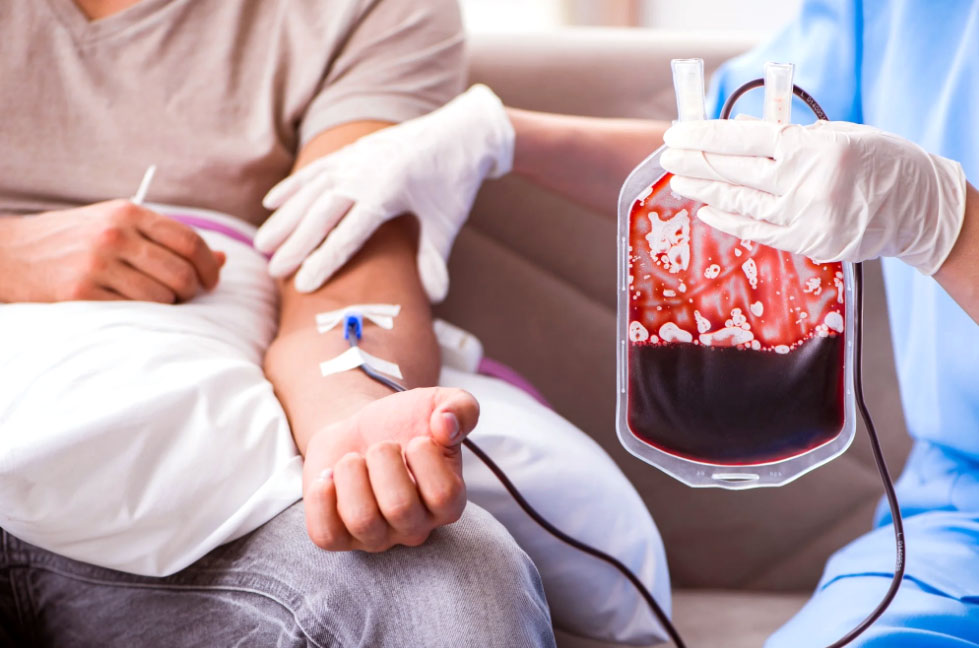Book Appoinment

Hematology is a branch of medicine that deals with the study of blood, blood-forming organs, and blood diseases. It is concerned with the diagnosis and treatment of blood disorders, such as anemia, leukemia, and lymphoma. Hematology also involves the study of blood cells, red blood cells, white blood cells, and platelets.Hematology is a vital part of medical care, as it helps doctors to diagnose and treat diseases of the blood system. It is also used to assess how well the body is functioning, and to monitor the effectiveness of treatments.
The first step in hematology is to analyze a sample of the patient's blood. Blood tests are used to detect the presence of certain substances, such as hemoglobin, red blood cells, white blood cells, and platelets. The results of these tests can provide information about the patient's overall health, as well as potential illnesses or conditions.
The next step in hematology is to analyze the blood sample further. This process involves examining the cells under a microscope and using special dyes and stains to determine their composition. The results of this examination will help the doctor determine the diagnosis, and the treatment plan.
In addition to blood tests, hematologists also may use imaging techniques, such as CT scans or MRI scans, to help diagnose and monitor conditions of the blood system. These imaging techniques can also help identify potential problems that may be present, such as tumors or other abnormalities.
Hematology is an important part of medical care, as it helps to detect and treat diseases of the blood system. It is also used to assess how well the body is functioning, and to monitor the effectiveness of treatments. Hematologists are highly trained medical professionals who specialize in this field, and who can provide invaluable information and advice to patients.
